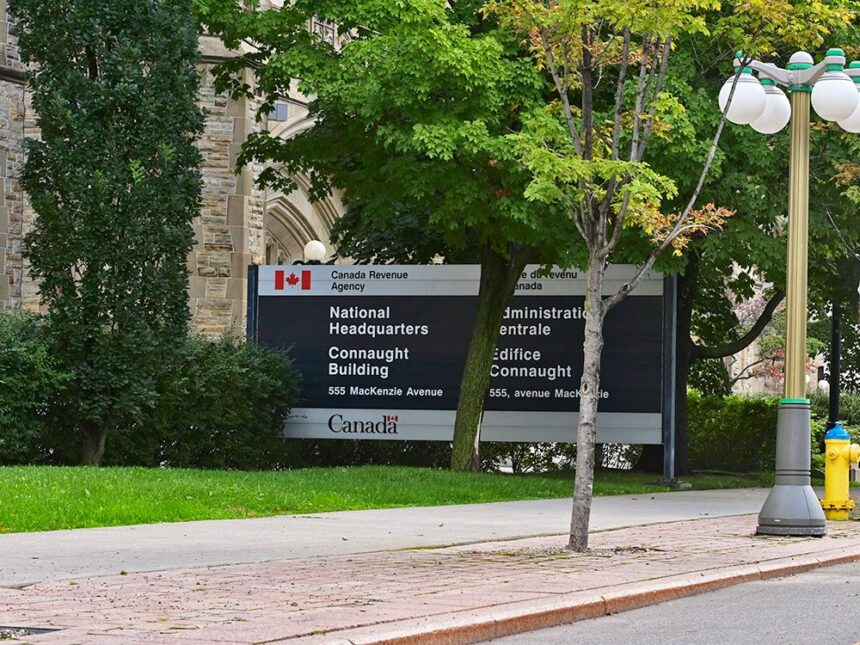The federal government’s plan to revoke the Digital Services Tax (DST) has Ottawa businesses in limbo as they await potential refunds. The Canada Revenue Agency confirmed this week that parliamentary approval is required before any collected DST funds can be returned to businesses.
“It’s another layer of uncertainty for local tech companies that have already been navigating challenging economic conditions,” says Jenna Williams, president of the Ottawa Technology Association. “Many smaller firms had to absorb these costs rather than pass them on to customers.”
The DST, implemented earlier this year, imposed a 3% tax on digital services revenue for companies earning over $10 million annually. The tax affected numerous Ottawa-based digital marketing agencies, software developers, and e-commerce platforms.
For Capital Digital Solutions, an Ottawa marketing firm, the tax represented approximately $45,000 in unexpected expenses. “That’s money we could have invested in hiring two junior developers,” explains founder Michael Chen. “We’re hopeful for a refund, but planning as if it won’t happen.”
The Department of Finance estimates approximately $250 million in DST revenue has been collected nationwide, with a significant portion coming from Ottawa’s robust tech sector. The CRA has indicated that businesses must continue compliance until legislation formally repeals the tax.
Parliamentary observers suggest the repeal legislation could be introduced as early as next month, though the timeline for refund processing remains unclear. The tax was originally implemented as part of international efforts to ensure digital giants paid their fair share.
“The entire situation reflects the complexity of regulating the digital economy,” notes Dr. Aisha Patel, economics professor at the University of Ottawa. “While the intention was sound, the implementation created challenges for small and medium businesses caught in the requirements.”
Local business advocacy groups are pushing for an expedited process. The Ottawa Board of Trade has established a dedicated taskforce to help affected businesses navigate the refund process when it becomes available.
“We’re encouraging businesses to maintain detailed records of all DST payments and to prepare necessary documentation for potential refund applications,” advises Sarah Johnston, the Board’s senior policy advisor. “Being proactive now will help streamline the process later.”
For Ottawa’s growing community of digital entrepreneurs, the tax uncertainty comes at a particularly challenging time. Rising interest rates and inflation have already squeezed margins for many firms operating in the digital space.
The situation highlights the broader challenge of balancing government revenue needs with creating a supportive environment for digital innovation. Ottawa, with its concentration of technology firms and proximity to federal policymakers, often feels these policy shifts most acutely.
As the city’s businesses await further details, many are taking a conservative approach to financial planning. “We’re not counting on seeing that money again,” says Chen. “If it comes back, wonderful—but we’ve already adjusted our growth plans accordingly.”
The potential refunds could represent a meaningful injection of capital for Ottawa’s tech ecosystem at a time when investment dollars are increasingly difficult to secure. Industry leaders hope the experience will lead to more consultation with the business community before implementing similar policies in the future.







